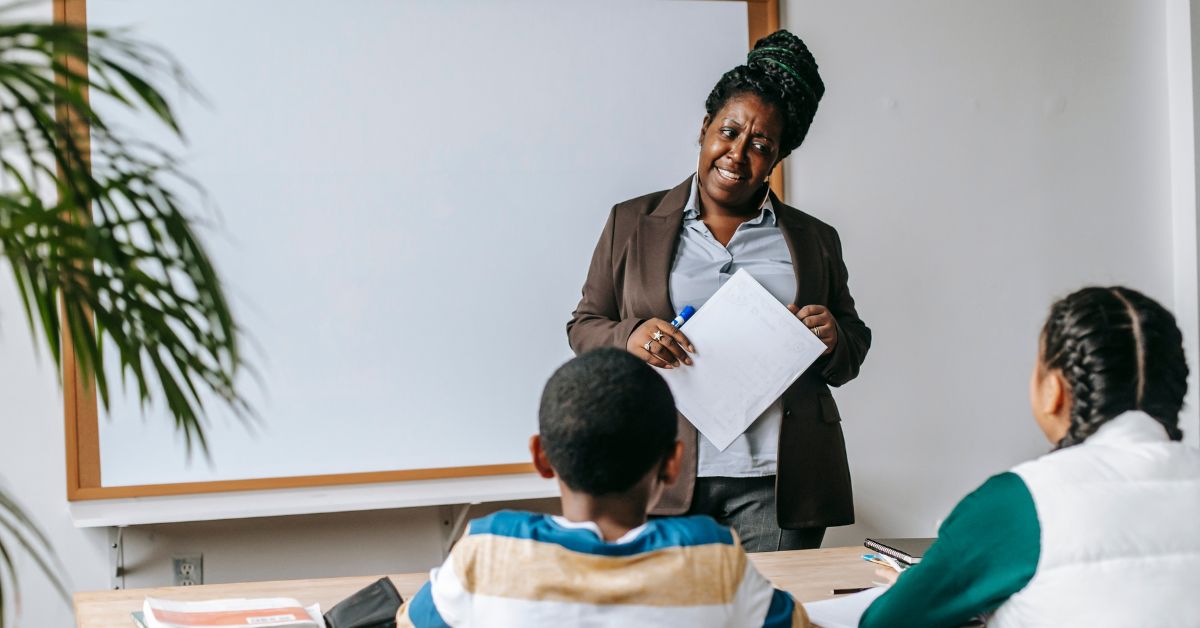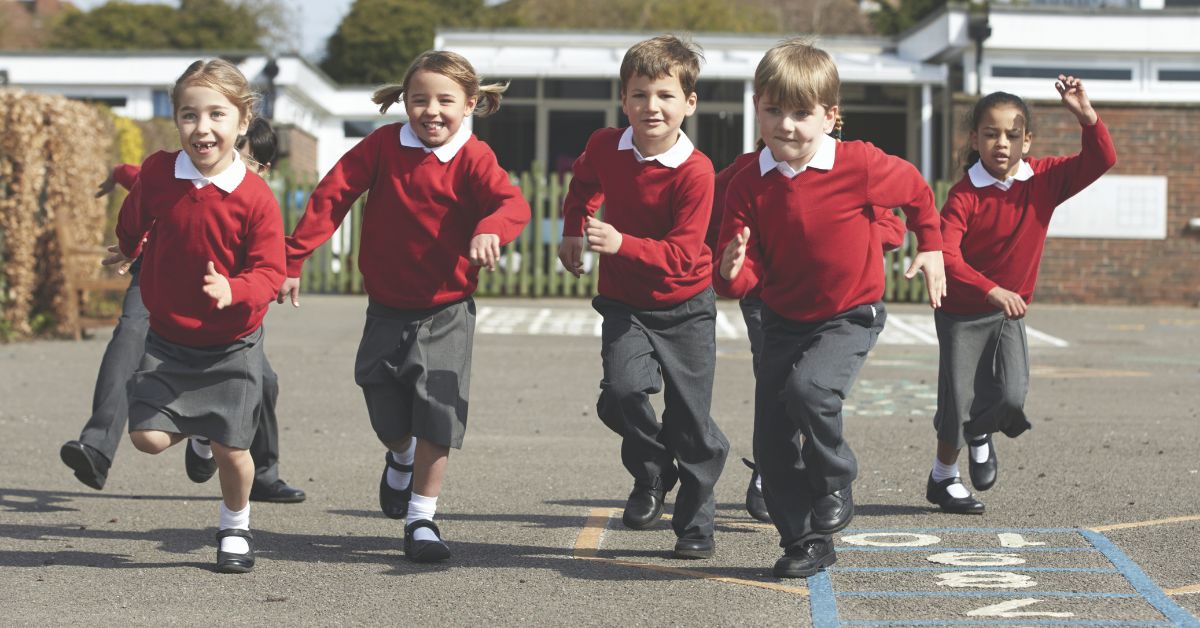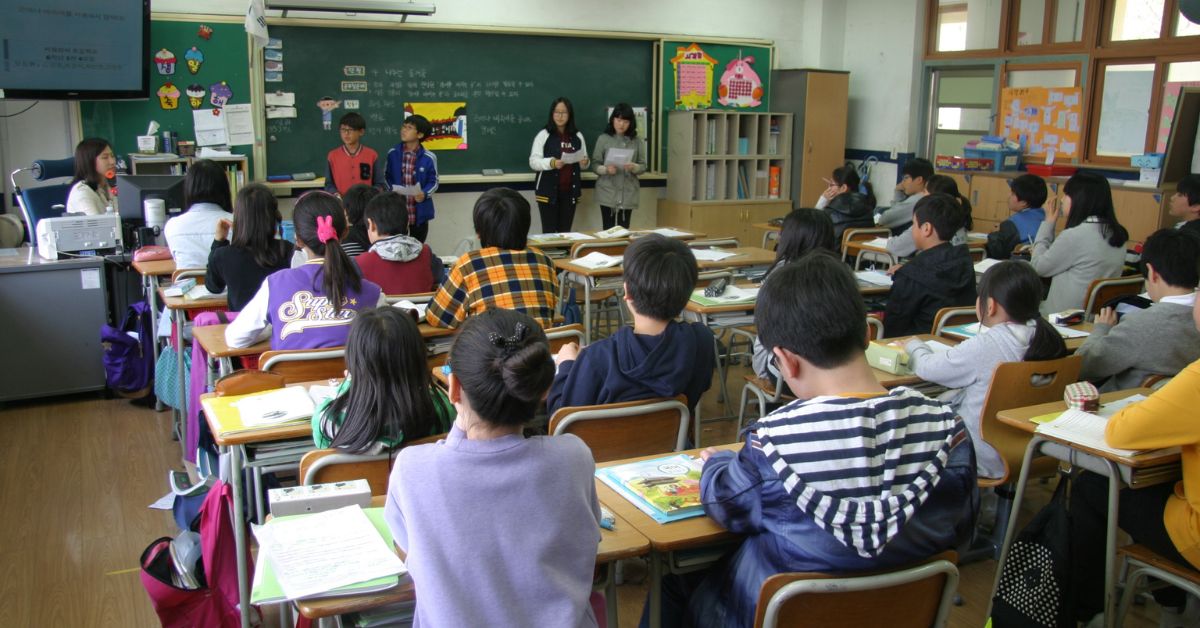Most schools focus on test scores to show how students are doing. But in Vermont, there’s a bigger picture. Schools in Vermont believe learning is more than just memorizing facts or passing exams. It’s about becoming a good person, learning how to think, and solving real problems.
Let’s explore how Vermont schools measure success in ways that truly matter.
Why Test Scores Aren’t Everything
Sure, test scores can tell us some things—like how well you understand math or reading. But they don’t show everything. They don’t measure kindness. They don’t show how hard someone worked or how creative they were.
Vermont schools ask: What really matters in learning? That’s why they look beyond tests to understand how students grow.
Looking at the Whole Student
In Vermont, teachers care about the whole student—your emotions, interests, and goals.
They ask questions like:
- Does this student care about their community?
- Can they work well in a group?
- Are they curious and willing to try hard things?
This helps schools support students as full people—not just test-takers.
How Vermont Measures Learning vs. Traditional Schools
| Area of Focus | Traditional Schools | Vermont’s Approach |
|---|---|---|
| Test Scores | Major focus | One part of the big picture |
| Projects | Rare | Central to learning |
| Student Reflection | Minimal | Very important |
| Teacher Feedback | Mostly grades | Detailed, personal comments |
| Emotional Growth | Often ignored | Part of student success |
| Real-Life Skills | Limited | Built through community-based work |
Real-Life Projects Matter More
Instead of just worksheets and quizzes, Vermont students do real-life projects. These projects are about action, not just answers.
Examples:
- Students might build a community garden.
- They might create a podcast about local history.
- Or design a plan to help reduce food waste at school.
These types of projects show skills like teamwork, problem-solving, and creativity—things that can’t be measured by a bubble test.
Students Help Tell Their Own Story
Vermont schools encourage students to show what they’ve learned in personal ways. This might include:
- Portfolios of best work
- Presentations to classmates, teachers, or even community leaders
- Reflections on what they’ve learned and where they want to grow
Students learn how to talk about their learning. They also build confidence in sharing ideas—just like they’ll need to do as adults.
Teachers Use Personal Feedback
Instead of only using grades, Vermont teachers give detailed feedback. They might write notes or have one-on-one meetings with students.
They say things like:
- “You asked great questions today.”
- “I noticed you helped a classmate who was stuck.”
- “Try explaining your ideas more clearly next time.”
This kind of feedback helps students improve—not just get a score.
Learning That Lasts
The goal in Vermont isn’t just to pass tests—it’s to create people who:
- Think deeply
- Care about others
- Take action to improve the world
Students leave school with real skills that last a lifetime—not just facts they forget after a test.
Conclusion
Vermont’s schools remind us that learning is about much more than test scores. It’s about becoming a strong, thoughtful, kind person. When students build projects, reflect on their work, and get real feedback, they learn lessons that stay with them forever.
And isn’t that what education should really be about?
FAQ’s
1. Do Vermont schools still give tests?
Yes, but they don’t rely only on tests. Tests are just one tool they use to understand learning.
2. What if a student struggles with writing or speaking?
They get support and can show learning in different ways—like art, video, or group work.
3. Can this work in big schools too?
Yes! These ideas can be used anywhere. It just takes teachers and leaders who care about more than scores.








